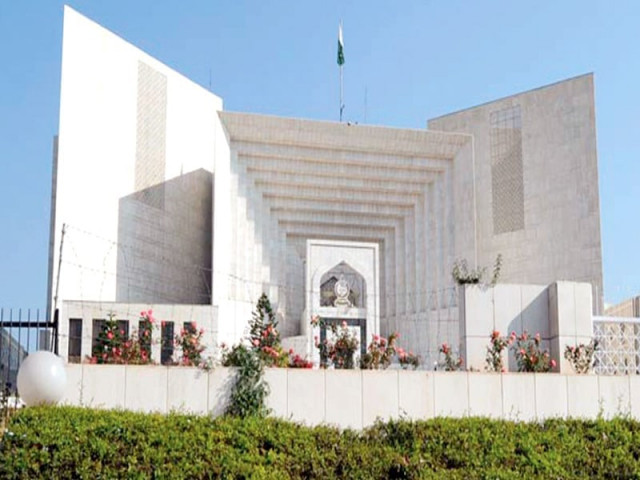Punitive action
A culture of truth needs to be created, especially expectant of those holding public office.

While this is a separate debate altogether, the Court has already delivered its ruling, and a firm one, too. The MNAs who now stand disqualified are Zahid Iqbal‚ Farahnaz Ispahani‚ Farhat Mehmood Khan and Jamil Ahmad Malik. Apart from them, seven members of the provincial assemblies will also have to vacate their seats. In addition, those who still sit in the houses have been asked to submit new declarations under Article 63(1)(c) of the Pakistan Constitution, stating that they are not dual nationals of any country. The article mentioned by the Court has come up quite often before and tackles the issue of the honesty and integrity of parliamentarians. Even in the past, our political system has seen several violations where this law should have been used.
One such violation was picked up by the court in its handling of the case involving Interior Minister Rehman Malik. The Court noted it had proof that the minister renounced his British nationality in 2012, and not in 2008, as he had previously told the Court. This, the bench noted, meant that he could not be considered an honest person, as is required by the law of the land. It remains to be seen how this matter will proceed and eventually settle. But certainly, quite regardless of what other matters are involved in the dual-nationality affair, a culture of truth needs to be created, especially expectant of those holding public office.
Published in The Express Tribune, September 24th, 2012.














COMMENTS
Comments are moderated and generally will be posted if they are on-topic and not abusive.
For more information, please see our Comments FAQ